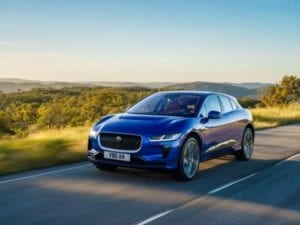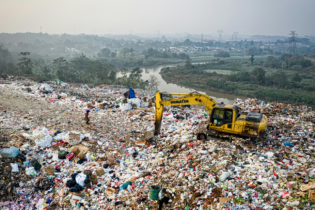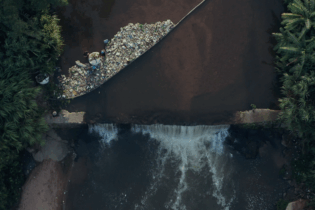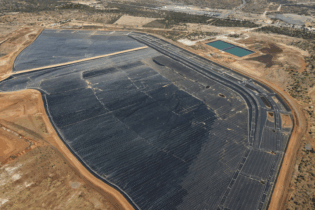BASF and Jaguar Land Rover are trialing a new innovative recycling process which converts plastic waste into premium grade material, which could feature on JLR’s future vehicles.
The ChemCycling process, up-cycles domestic waste pyrolysis oil through the use of thermochemical. This secondary raw material is then fed into a production chain as a replacement for fossil resources, ultimately producing a new premium grade that replicates the high quality and performance of ‘virgin’ plastics. The material can be tempered and coloured for designing the next-generation dashboards and exterior surfaces. JLR is currently busy with prototyping the material in a Jaguar i-PACE to verify if it meets the same stringent safety requirements of the existing original part.“Plastics are vital to car manufacturing and have proven benefits during their use phase; however, plastic waste remains a major global challenge. Solving this issue requires innovation and joined-up thinking between regulators, manufacturers and suppliers,” said Chris Brown, Senior Sustainability Manager at Jaguar Land Rover.
JLR has previously collaborated with Kvadrat to offer customers alternative seat options of the material available initially on the Range Rover Velar and Range Rover Evoque, and using a combination of a durable wool blend with a technical suede cloth made from 53 recycled plastic bottles per vehicle. BASF SE is a German chemical company and the largest chemical producer in the world. The BASF Group comprises subsidiaries and joint ventures in more than 80 countries and operates six integrated production sites and 390 other production sites in Europe, Asia, Australia, the Americas and Africa.





